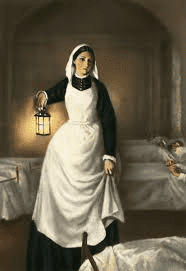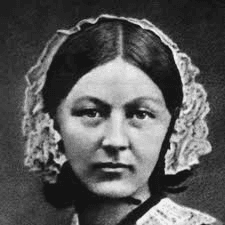
Florence Nightingale, the affluent British parents’ well-educated daughter, defied social standards and wanted to become a nurse. Foreigner nursing, either in hospitals or in their homes, was then not seen as a suitable profession for well-bred ladies who were supposed to do so only for sick families and intimate friends if they chose to nurse. Nightingale claimed, in a radical departure from these opinions, that well-educated women could greatly improve the treatment of sick patients by using scientific concepts and informed education about safe lifestyles. In addition, she claimed that nursing provided women, who had few other career opportunities at that time, with an ideal autonomous calling full of intellectual and social independence. She led the way for women to work in more varied nursing capacities such as the work done by a Nursing Agency Stroud such as Take 5 Healthcare
During Britain’s Crimean War, Nightingale had the opportunity in 1854 to test her convictions. Newspaper reports that sick and injured Russian soldiers nursed by religious orders did much better than inflamed public sentiment by British soldiers. In response, Nightingale was requested by the British government to take a small group of nurses to the military hospital in Scutari.

Within days of their arrival, in accordance with 19th-century science, Nightingale and her nurses had reorganised the barracks hospital: walls were scrubbed for hygiene, windows opened for ventilation, nourishing food cooked and served, and efficiently administered medicines and treatments. Death rates dropped within weeks, and soldiers were no longer infected with infectious diseases resulting from poor sanitary conditions. A grateful public learned of the work of the “Lady with the Lamp” within months, who made regular rounds to console the sick and wounded. The entire Western world shared Nightingale’s confidence in the importance of trained nurses by the end of the 19th century.

